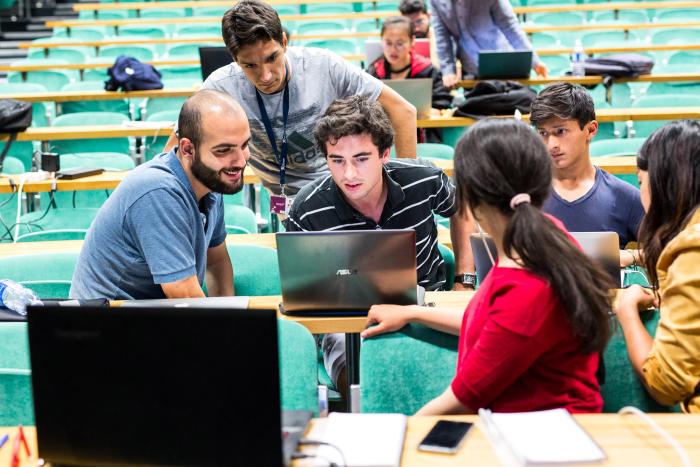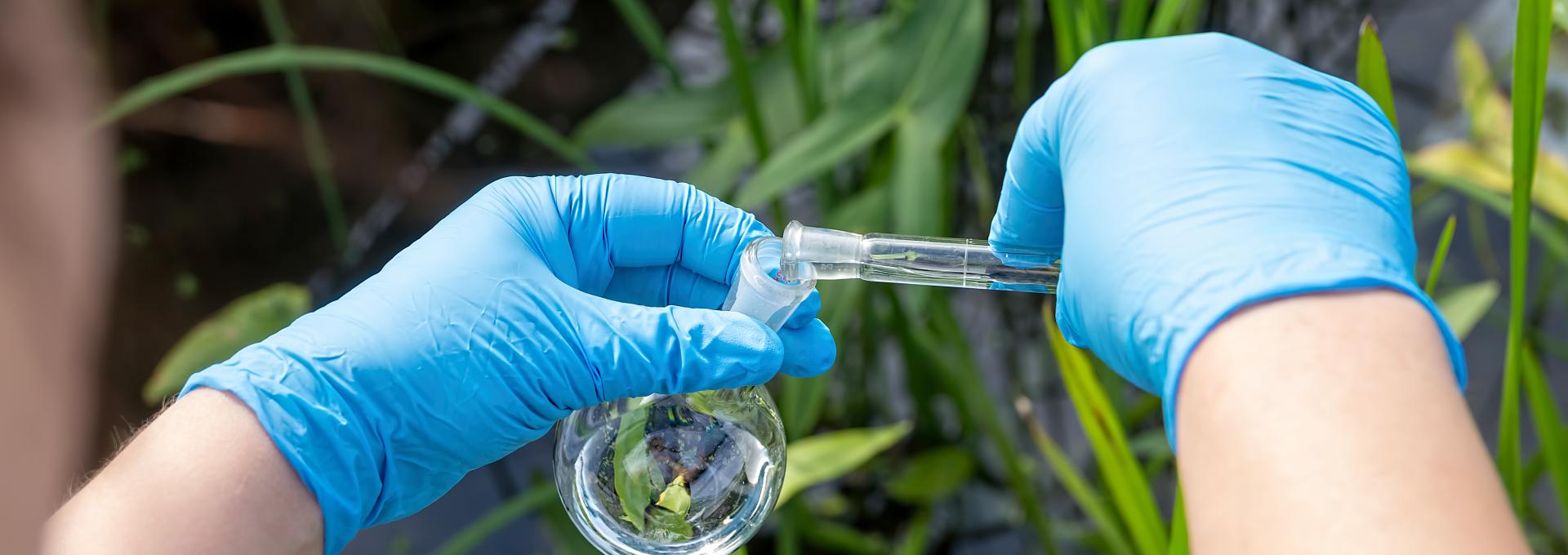This MSc&T specialization provides students with real-world technical expertise on environmental issues, including soil and water pollution diagnosis, and treatment and valorization processes, as well as in-depth understanding of the economic and social challenges surrounding their development. In addition to the technical courses (very engineering oriented), students also study courses about international regulations, ethical issues, management, innovation and entrepreneurship.
The Master in Environmental Engineering and Sustainability Management (EESM) is involved in a number of valuable industrial partnerships, and offers opportunities for internships.
The ideal Bachelor's degree for candidates applying to our MSc&T Environmental Engineering and Sustainability Management (EESM) is in Engineering, Chemistry, Physics, Geology, or Biology.
Candidates holding a Bachelor's degree in other fields may be considered, provided that they have a strong background in the mentioned subjects.
As a consultant, I mainly work on the calculation and analysis of companies' generated emissions as wellas on finding reduction measures for these emissions.
Today more than ever, the precautionary principle and the emerging related standards create an ever-increasing and permanent need for professionals with strong skills in environment management within the corporate, research and public sectors.
The considerable implication of industrial partners and environmental agencies in this degree help provide such skills and ensure employability in many lines of business.
Our graduates are ideally suited to put their technical know-how and managerial expertise to use, in the implementation of environmental policies for leading manufacturers, innovative start-ups, public organizations and governmental agencies they will have access to opportunities such as:
- Carbon Footprint & Life Cycle Analysis project manager
- Corporate Environmental Strategy Lead
- Sustainable Development Compliance Officer
- Pollution Remediation & Waste Management Specialist
- Water & Soil Treatment Engineer
- Environmental Scientist (Research & Analysis)

Industry: During the two-year program, you will have a wide range of opportunities to build relationships with Ecole Polytechnique’s local and international industrial and research partners. The management skills you acquire will be a significant asset in your career progression.
Research: The EESM specialization may also be a gateway to a research career, with our proximity to numerous research institutions, providing an ideal platform to pursue a PhD with funding from our industrial or academic partners.
International: For the internationally focused, the perspectives offered by this MSc&T naturally carry over to career opportunities around the world. Our international partnerships in industry and research are the ideal launch pad for you to launch your international career.
ADEME: Agency active in the implementation of public policy in the areas of the environment, energy and sustainable development.
AgroParisTech: A higher education and research institute aiming at addressing some of the main global challenges of the 21st century.
BRGM: France’s reference public institution for Earth Science applications in the management of surface and subsurface resources and risks.
CEA: The French Alternative Energies and Atomic Energy Commission.
Ecole des Mines: Higher education institution in engineering.
IFREMER: An oceanographic institution in France.
INRAE: A French public research institute dedicated to agricultural science.
INERIS: An industrial and commercial public establishment under the aegis of the Ministry of the Environment.
Arcadis: Arcadis is the leading global Design & Consultancy firm for natural and built assets.
Eaux de Paris: Publicly owned company responsible for the public water supply and waste water collection for the city of Paris.
EDF: A global leader in low-carbon energy, this group covers every sector of expertise, from generation to trading and transmission grids.
Saur: A group which goal is to optimize the management and operations of water resources, treat wastewater, recover and recycle waste, and manage leisure facilities and local heritage.
Suez: A French-based utility company which operates largely in the water treatment and waste management sectors.
Veolia: A French transnational company with activities in three main service and utility areas traditionally managed by public authorities – water management, waste management and energy services.
Expertox: A French Toxicological expertise agency and industrial analysis laboratory.
